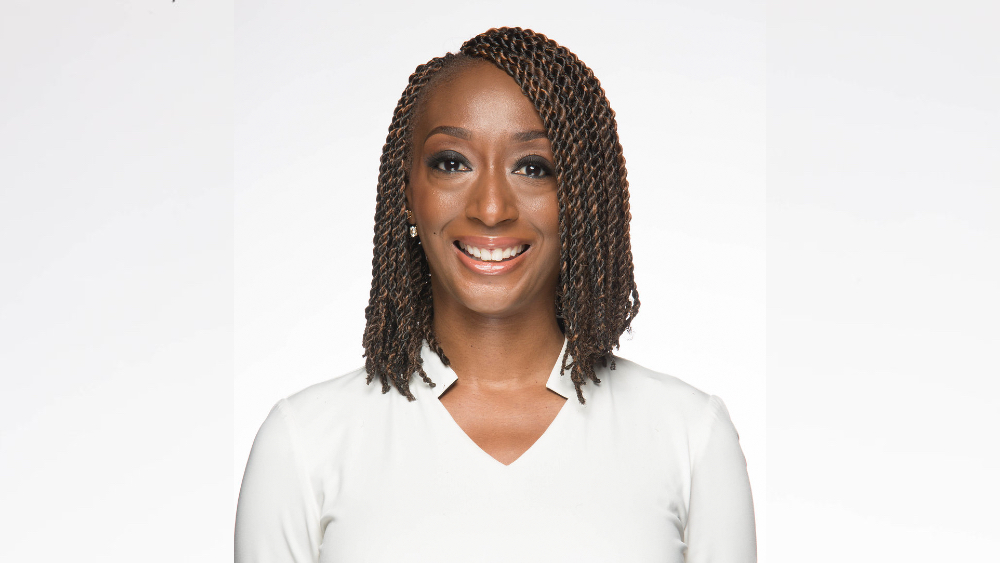If you’re interested in sharing your opinion on any cultural, political or personal topic, create an account here and check out our how-to post to learn more.
____
In the early days of the coronavirus pandemic, many pundits and analysts referred to it as the “great equalizer.” They predicted that this crisis would transcend class, race and status and that every American would be affected the same. As the adage goes, “When America catches a cold, Black folks get pneumonia,” and the current situation we find ourselves in is no exception. The slow trickle of racial data on the impact of the coronavirus crisis shows that it has had a disproportionate effect on Black communities nationwide, especially Black women.
The issues that have come into focus during this public health crisis already existed long before the pandemic. Now we are being forced to face the consequences of the longtime political neglect of policies that address racial and socioeconomic disparities in healthcare, jobs and the education system. In fact, the Centers for Disease Control and Prevention (CDC) released data last week that shows that Black people account for 30% of COVID-19 cases despite only making up about 13% of the U.S. population.
For Black women, the numbers are even more harrowing. New data shows that Black women were more likely to lose their jobs and are at higher risk of not being able to pay for rent or basic necessities. This, compounded by poor leadership from President Trump and other elected officials across the country, has left too many of us struggling with few options. However, 2020 is a critical election year and with Black women continuing to bear the brunt of inequality, we will undoubtedly have an outsized influence on the outcome in November.
Historically, Black women have been one of the most important and reliable voting blocs in the country. Recently, the clamoring seems to echo sentiments that many of us have heard over and over again: Black women will save America from itself. While it is unfair to place the burden of America’s issues on the shoulders of Black women and cast them as the antidote to poor political decision-making on the part of leaders, the power of Black women in the 2020 election is not to be underestimated. And our political clout was evident even before this year. In 2016, we were among Secretary Hillary Clinton’s strongest supporters and according to the U.S. Census Bureau, during the 2018 election, 55% of eligible Black women voters went to the polls, which was higher than the national average.
Another trend that is sure to continue this year is Black women stepping up to run for elected office. In the past, Black women’s candidacies have not always been supported and we face many challenges in campaigning like barriers to fundraising. Nevertheless, Black women have decided that we are the best people to represent our interests in government and we are taking the steps to claim our seats at the table.
After the 2018 election, the number of Black women in Congress rose to more than 20 for the first time ever. Candidates like Rep. Lucy McBath flipped seats in historically red districts and Rep. Lauren Underwood beat out six white men in a highly contested primary to become the youngest Black woman ever sworn into Congress. This year, there are newcomers like Jackie Gordon who is running to flip New York’s 2nd Congressional District from red to blue and Candace Valenzuela who could be the first Afro-Latina to serve in Washington. All of these women and more will be on the ballot in November and demonstrate the growing political prowess of Black women.
We have shown that we are adept political leaders, particularly in times of crisis. Some U.S. officials failed to take the coronavirus outbreak seriously and downplayed its urgency. As we have come to find out, the president ignored the early warning signs that could have lessened the crisis. However, one mayor heeded the signs and is now being heralded as the leader who set the example for the rest of the country. Mayor London Breed, the first Black woman mayor of San Francisco and only the second woman to serve, was the first major-city mayor to institute a shelter-in-place order. As a result, San Francisco has some of the best outcomes in the country.
Black women have always played an integral role in shaping the fabric and politics of our country. From Sojourner Truth to Fannie Lou Hamer to Shirley Chisholm, Black women have paved the way for better representation in power today. Aimee Allison, the founder of She The People, recently stated on an episode of my podcast for women of color in politics: “The country needs to follow our lead.”
As one of the most consequential elections of our lifetimes nears, Black women know what’s at stake and we are determined that our country gets it right.
____
A’shanti F. Gholar is the President of Emerge and host of The Brown Girls Guide to Politics.

